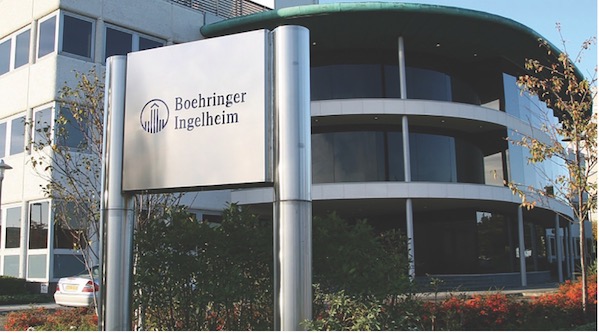Boehringer’s spesolimab shows promise in generalised pustular psoriasis prevention
July 6, 2023
Source: drugdu
 391
391

Boehringer Ingelheim has shared positive new 48-week data from a phase 2b trial of its anti-interleukin-36 receptor (IL-36R) antibody in patients with generalised pustular psoriasis (GPP).
The results from the EFFISAYIL 2 trial, presented by the company at this year's World Congress of Dermatology, show that spesolimab reduced the risk of GPP flares by 84% over 48 weeks compared to placebo.
The trial also demonstrated no flares after week four of spesolimab treatment in the high dose group, Boehringer said.
GPP is a rare and chronic neutrophilic skin disease, which is genetically and clinically distinct from plaque psoriasis. GPP is caused by neutrophils – a type of white blood cell – accumulating in the skin, causing painful, sterile pustules all over the body.
Despite the varying severity of GPP flares, if left untreated they can be life-threatening due to complications such as sepsis and multisystem organ failure, and the unpredictability and severity of these flares greatly affects quality of life.
Spesolimab specifically blocks the activation of the IL-36R, a signalling pathway within the immune system shown to be involved in the pathogenesis of several auto-inflammatory diseases, including GPP.
The therapy, sold under the brand name Spevigo, is already approved in almost 40 countries for GPP flares in adults, but Boehringer reports that there is a “high unmet need” for treatments with a favourable safety profile that can prevent the occurrence of GPP flares.
Carinne Brouillon, head of human pharma at Boehringer, said: "Through our comprehensive EFFISAYIL clinical programme we have already delivered spesolimab as a major advancement for flaring GPP patients.
"The EFFISAYIL 2 trial results build on this success bringing us closer to achieving our ultimate goal of a flare-free future for everyone living with GPP."
Spesolimab recently received Breakthrough Therapy Designation from the US Food and Drug Administration as an investigational treatment for the prevention of GPP flares.
Bruce Strober, clinical professor, dermatology at Yale University and Central Connecticut Dermatology, said: “These results provide further compelling clinical evidence for the role IL-36 signalling plays in the pathogenesis of GPP.
“Moving forward, our hope is that dermatologists not only have a specific treatment for GPP flares, but that we can effectively prevent them in the future.”
Reference:
https://www.pmlive.com/pharma_news/boehringers_spesolimab_shows_promise_in_generalised_pustular_psoriasis_prevention_1494189
Read more on
- The first subject has been dosed in the Phase I clinical trial of Yuandong Bio’s EP-0210 monoclonal antibody injection. February 10, 2026
- Clinical trial of recombinant herpes zoster ZFA01 adjuvant vaccine (CHO cells) approved February 10, 2026
- Heyu Pharmaceuticals’ FGFR4 inhibitor ipagoglottinib has received Fast Track designation from the FDA for the treatment of advanced HCC patients with FGF19 overexpression who have been treated with ICIs and mTKIs. February 10, 2026
- Sanofi’s “Rilzabrutinib” has been recognized as a Breakthrough Therapy in the United States and an Orphan Drug in Japan, and has applied for marketing approval in China. February 10, 2026
- Domestically developed blockbuster ADC approved for new indication February 10, 2026
your submission has already been received.
OK
Subscribe
Please enter a valid Email address!
Submit
The most relevant industry news & insight will be sent to you every two weeks.



